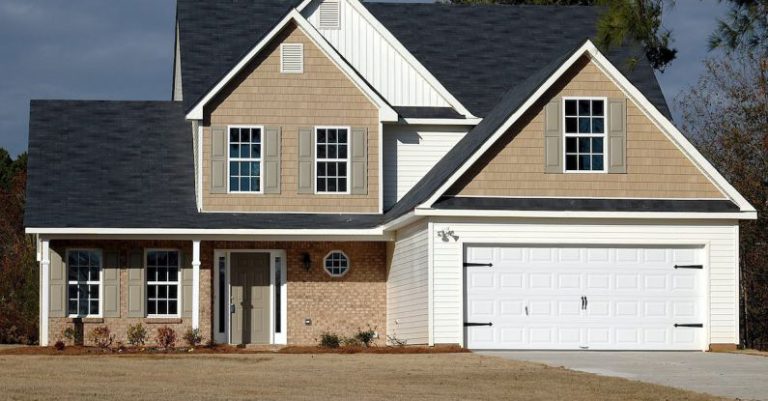Why Are Smart Thermostats Becoming Essential?
In today’s fast-paced world, where technology is rapidly advancing, it’s no surprise that even our thermostats are becoming smarter. Smart thermostats are revolutionizing the way we control the temperature in our homes, offering convenience, energy savings, and increased comfort. With their advanced features and connectivity to other smart devices, it’s no wonder why smart thermostats are becoming essential in modern households.
Efficient Energy Management
One of the key reasons why smart thermostats are becoming essential is their ability to efficiently manage energy usage. Traditional thermostats often require manual adjustment, leading to wasted energy and higher utility bills. Smart thermostats, on the other hand, can learn your heating and cooling patterns and automatically adjust the temperature based on your preferences and schedule. This means no more forgetting to adjust the thermostat before leaving the house or coming home to a freezing or sweltering environment. By optimizing temperature settings and reducing unnecessary energy consumption, smart thermostats can help homeowners save money on their energy bills while minimizing their ecological footprint.
Remote Access and Control
Another significant advantage of smart thermostats is the ability to control them remotely. With a smartphone app or voice command, you can adjust the temperature of your home from anywhere, whether you’re lying in bed, stuck in traffic, or on vacation. This remote access feature provides ultimate convenience and flexibility. For example, if you’re coming home earlier than expected, you can ensure your house is warm and comfortable upon your arrival by adjusting the thermostat remotely. Additionally, remote control allows you to monitor and adjust the temperature if you forgot to do so before leaving, preventing unnecessary energy wastage. The convenience of remote access makes smart thermostats a must-have for busy individuals and families.
Integration with Smart Home Systems
Smart thermostats are designed to integrate seamlessly with other smart home devices, further enhancing their functionality and convenience. They can connect to voice assistants like Amazon Alexa or Google Assistant, allowing you to control the temperature using voice commands. Integration with smart home systems also enables the thermostat to communicate with other devices such as smart lights and sensors. For example, when the thermostat detects that no one is home, it can automatically adjust the temperature and turn off the lights to save energy. This level of automation and coordination between devices creates a truly intelligent and interconnected home environment.
Learning and Adaptive Algorithms
Unlike traditional thermostats, smart thermostats are equipped with learning and adaptive algorithms that continuously analyze and adjust temperature settings based on your behaviors and preferences. Over time, they learn your schedule, temperature preferences, and even how long it takes to heat or cool your home. This learning capability allows smart thermostats to create personalized heating and cooling schedules that maximize comfort and energy efficiency. For example, the thermostat can anticipate when you typically wake up and adjust the temperature accordingly, ensuring a cozy environment when you get out of bed. By understanding your patterns and adapting to them, smart thermostats provide a customized and comfortable living experience.
In conclusion, smart thermostats are becoming essential in modern households due to their efficient energy management, remote access and control, integration with smart home systems, and learning capabilities. With their ability to optimize temperature settings, save energy, and provide convenience and comfort, smart thermostats offer numerous benefits that make them a valuable addition to any home. As technology continues to advance, the smart home revolution is only just beginning, and smart thermostats are at the forefront of this revolution. Embracing this technology is not only a smart choice for homeowners but also a step towards a more sustainable and connected future.






